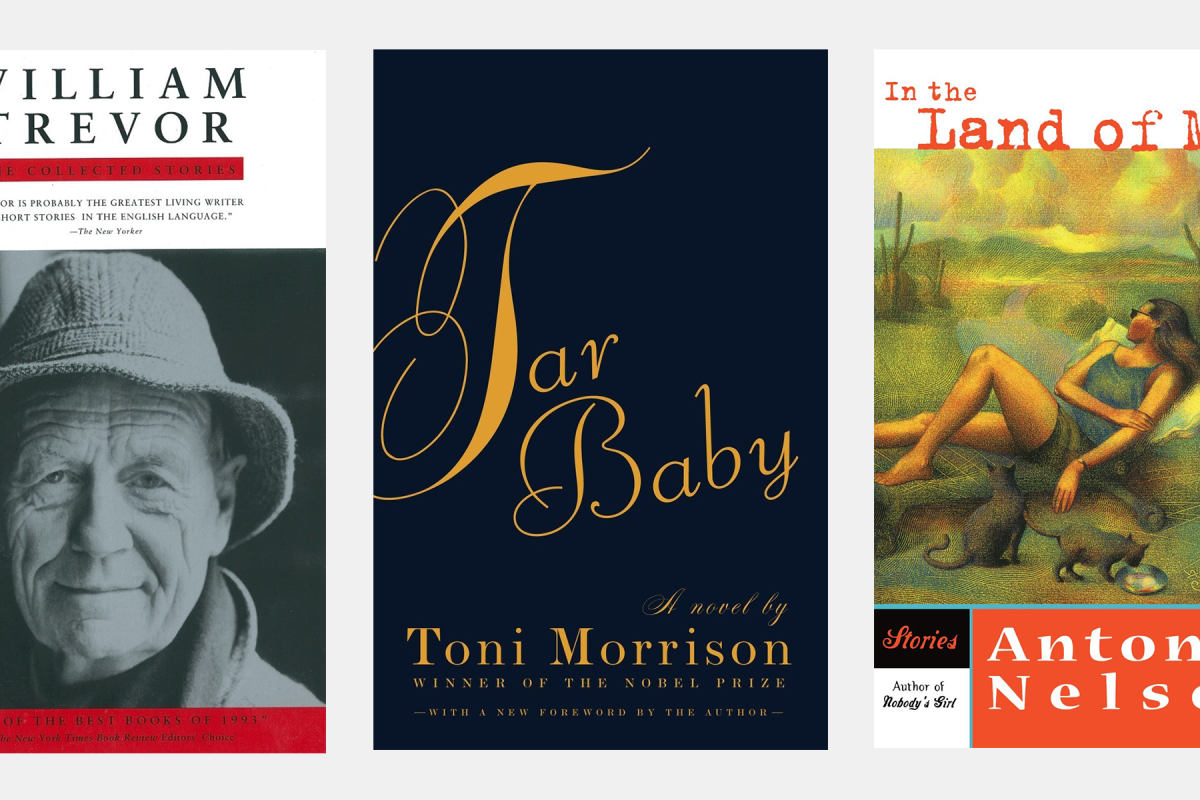Writer Barry Pearce strikes one as the type of guy who likes to fly under the radar. But the life-long Chicagoan just won the Chicago Tribune’s Nelson Algren Award for short fiction, so forget about that.
His short story “Chez, Whatever” beat out 3,000 others entries to win the esteem of jurors Mona Simpson, Jane Smiley and Jennifer Acker. After reading the multi-layered piece that begins, “A black girl walks through Lincoln Park in a snowstorm,” we had to know the authors whose work may have shaped his way of telling this story.
So we asked him. His answers, below.

In the Land of Men by Antonya Nelson
“Every story collection by Toni Nelson is better than the last — astonishing, considering how good her early work is — but her second book is seared in my brain. The title story in particular taught me that a small piece can be hugely moving and that limits (it’s basically one scene) can work for you as a writer. Who’s better at chronicling the lives of intelligent women attempting to be themselves in a culture full of constraints?”
The Collected Stories by William Trevor
“No one inhabits a wider range of characters more convincingly. Trevor crosses lines of class, age, gender, nationality, religion, etc. with breathtaking surety and compassion. He’s the best short story writer Ireland ever produced, in my opinion, and quite possibly the best story writer of the last century working in English.”
Tar Baby by Toni Morrison
“Toni Morrison’s retelling of a story that we think we know — The Tempest — from a new angle — Caliban’s — makes us reconsider not just the original narrative, but the nature of storytelling itself. It’s not her greatest novel, and The Tempest isn’t Shakespeare’s greatest play, but they are my favorites from these writers, separated by four centuries and thrilling to read side-by-side.”
The Coast of Chicago by Stuart Dybek
“This book gets labelled a story collection, but it has the cohesion of a novel and the musicality of a lyric. Dybek uses imagery and prose like a poet — his stories always start life as verse — and in the realm of fiction, such deft poetic technique can make us swoon. Reading this short masterpiece by a fellow South Sider showed me that there was poetry in shuttered factories, abandoned railroad tracks, and murky alleys, too.”
The Picture of Dorian Gray by Oscar Wilde
“Stop smirking, forget about high school English, and give this short novel another shot. It is by turns funny, creepy, sad, exuberant, mysterious, philosophical. Beset by repression, Victorian novelists obsessed over identity and secrets, and no one wrote about them better — or mocked societal standards more hilariously — than Wilde.”
This article was featured in the InsideHook Chicago newsletter. Sign up now for more from the Windy City.
























